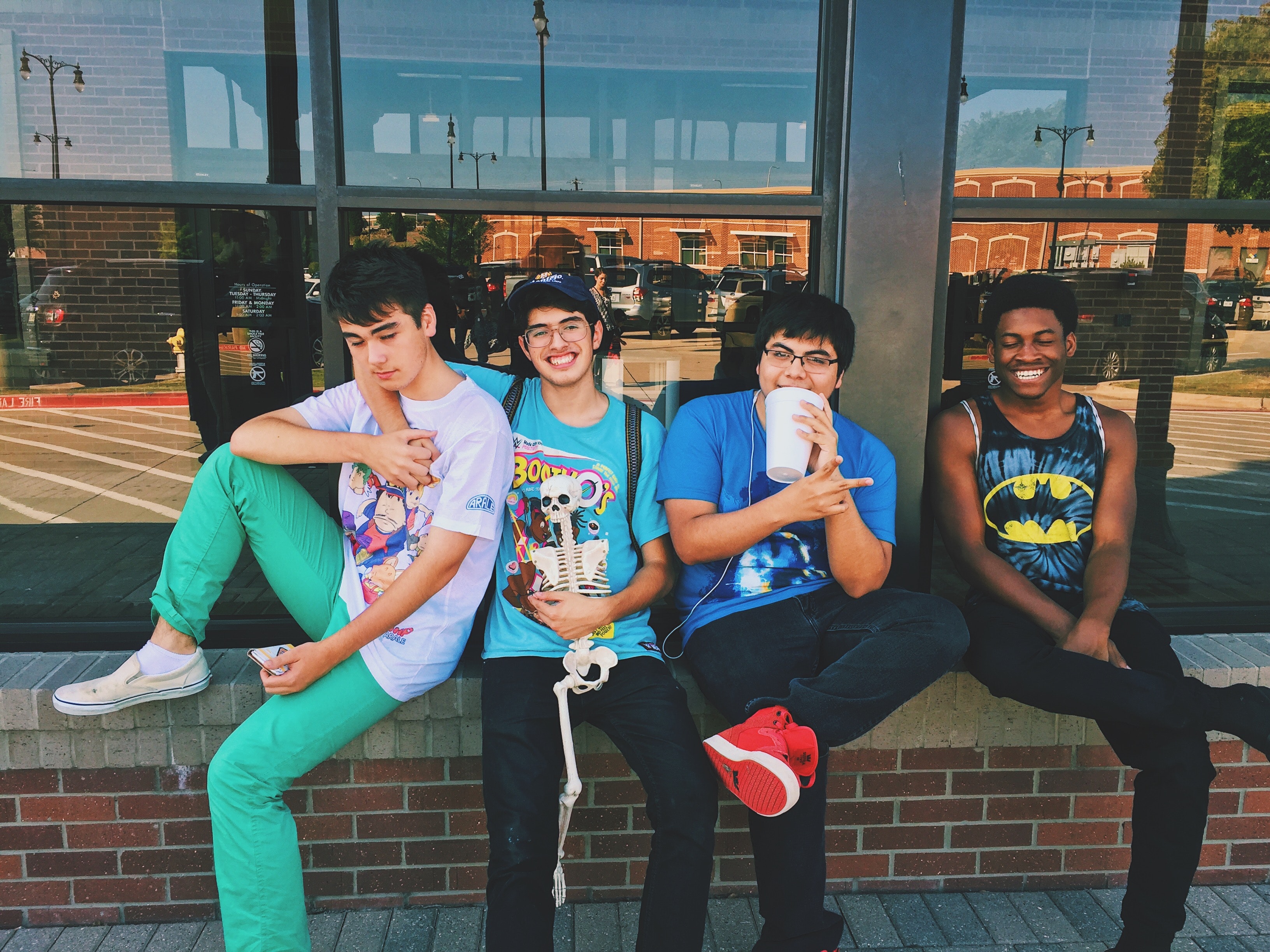A Simple, yet Profound Idea for Building Resilience
12/12/2019 2:44:53 PM
 For years, grit and resilience have been cited by leadership experts and psychologists as key ingredients to success. Given the following synonyms, antonyms, and definition of resilience, it’s easy to see why:
For years, grit and resilience have been cited by leadership experts and psychologists as key ingredients to success. Given the following synonyms, antonyms, and definition of resilience, it’s easy to see why:- Synonyms: adaptable, buoyant, strong, hardy, rebounding
- Antonyms: fragile, delicate, weak, vulnerable, defeatist
- Definition: ability to recover readily from illness, depression, adversity, etc.
Who wouldn’t want our children to be able to rebound from adversity and challenges with renewed purpose, confidence, and personal growth?
And, yet, as we talk with employers, observe the contemporary college scene, and visit with college students, we’re struck by how often resilience seems lacking in today’s young adults. What gives?
Could it be that our culture’s growing emphasis on empathy is creating some unintended consequences? In many cases, we believe the answer is, “Yes.” Although empathy, in the right proportion, is certainly an admirable quality, it can easily morph into sympathy if it’s overdone and misinterpreted as such by the affected party. It can, and often does, lead to an entitlement and victim mentality if we’re not careful.
Arguably, this occurs most when parents overly coddle when their children face adversity or discomfort. Out of compassion and fairness, parents often react by overprotecting, expressing sympathy, intruding on their child’s behalf, and even defending poor behavior/performance to authority figures (a common complaint from teachers and coaches). Not surprisingly, the downstream consequences in children can include low self-confidence, emotional fragility, defeatism, lacking perseverance, and disrespect. Unfortunately, it’s even happening on college campuses, courtesy of administrators employing overprotection strategies.
To that end, I came across a magnificent letter to the editor of the Wall Street Journal on November 4 by Carla Albers of Colorado Springs. She was responding to a previous editorial on the topic of Bias Response Teams at universities. Here is an abbreviated version of her letter:
“Your editorial brings back memories of my daughter at age 6 or 7. She came into the house crying and crawled onto my lap. Two neighbor children said something that made her feel bad. After drying her tears, I asked her if she wanted other children to control how she felt, and told her she could choose to not let what someone else said make her feel bad: ‘Who do you want to be the boss of how you feel? You or someone else?’ She perked up and said, ‘I want to be the boss of me!’ Out the door she ran.
Years later, my very successful adult daughter told me that was the best piece of advice I’d ever given her. Perhaps campuses could replace their Campus Climate Support teams with ‘I’m the Boss of Me’ teams.”
We believe Ms. Albers hit the nail on the head. In a world that has become increasingly polarized and politicized, and where bullying has taken on new forms, our children are being increasingly tested by the words and actions of others. As we consider the synonyms and antonyms of “resilience” mentioned earlier, we’re witnessing growing signs of the latter—whether in how we respond to others or to the adversity that we face in everyday life. This should be concerning to all of us influencing the next generation.
The challenge for parents and educational leaders is whether to consider their children’s difficult situations as teachable moments to build resilience, or simply to offer empathy. In our view, the best answer is a healthy balance of both.